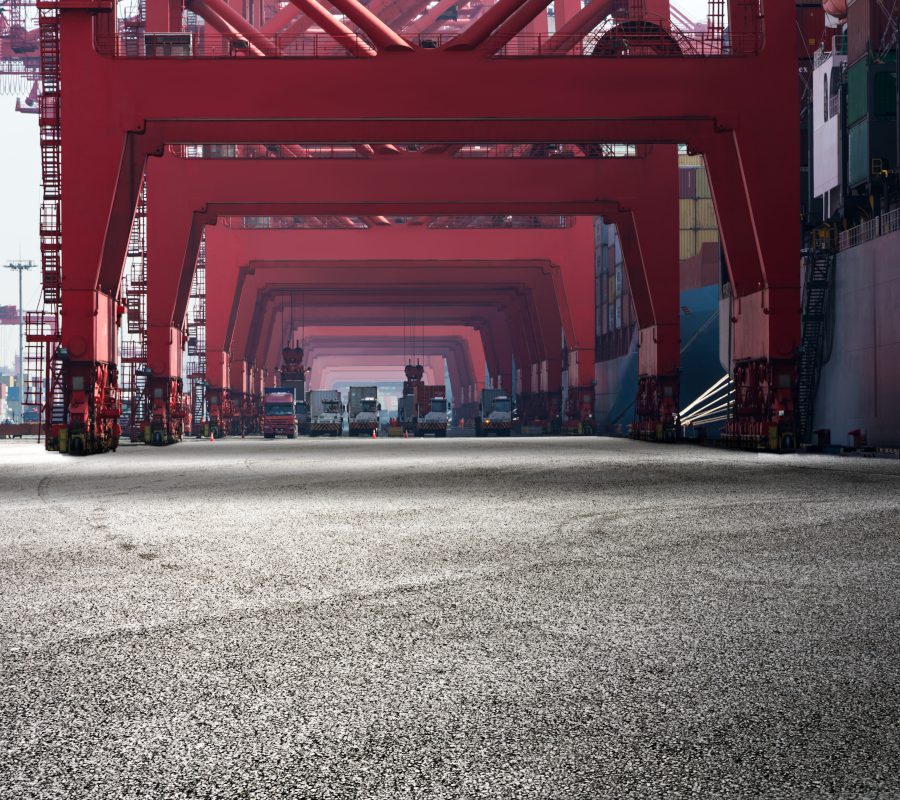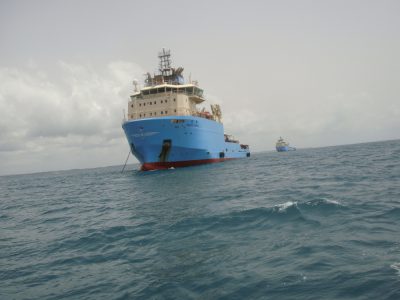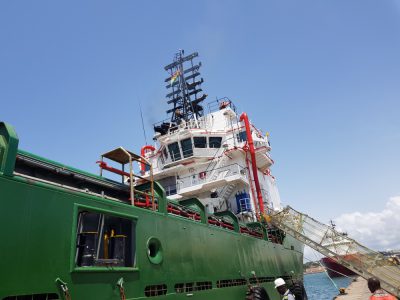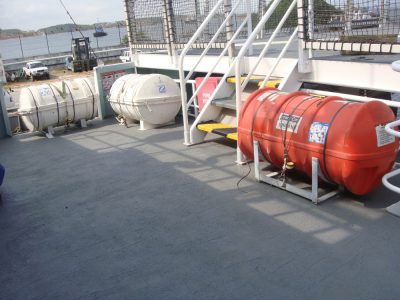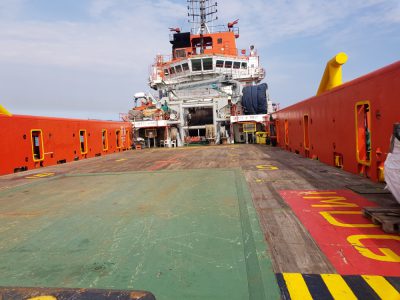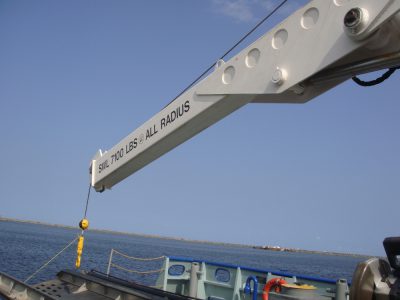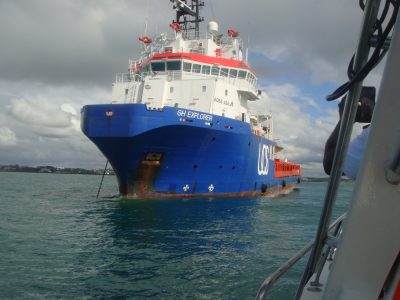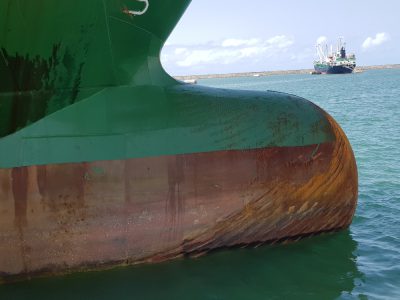Our members who are either “Hull & Machinery Surveyors” and/or “Cargo Surveyors”) conduct inspections, surveys or examinations of marine vessels around the West African region to assess, monitor and report on their condition and the products on them.
They inspect damage caused to both vessels and cargo and also inspect equipment intended for new or existing vessels to ensure compliance with various standards or specifications. Additionally, our members investigate marine claims and act as expert trial witnesses. Our members are present in almost all active marine communities in Ghana where they assist in ensuring the integrity and safety of ships, life, cargo and marine structures in Ghanaian waters.
Once each year, we hold our Annual Meeting & Educational Symposium for members across the country, and discuss topics such as standards, recommended practices, damage avoidance, advanced inspection methods, legal liabilities and issues impacting on the maritime industry locally.
The Institute is dedicated to developing the next generation of marine surveyors in the sub-region by offering quality education and qualifications that are recognised throughout the maritime world.
Our members carry out several types of surveys. The following are some of the surveys GIMS members attend to:

